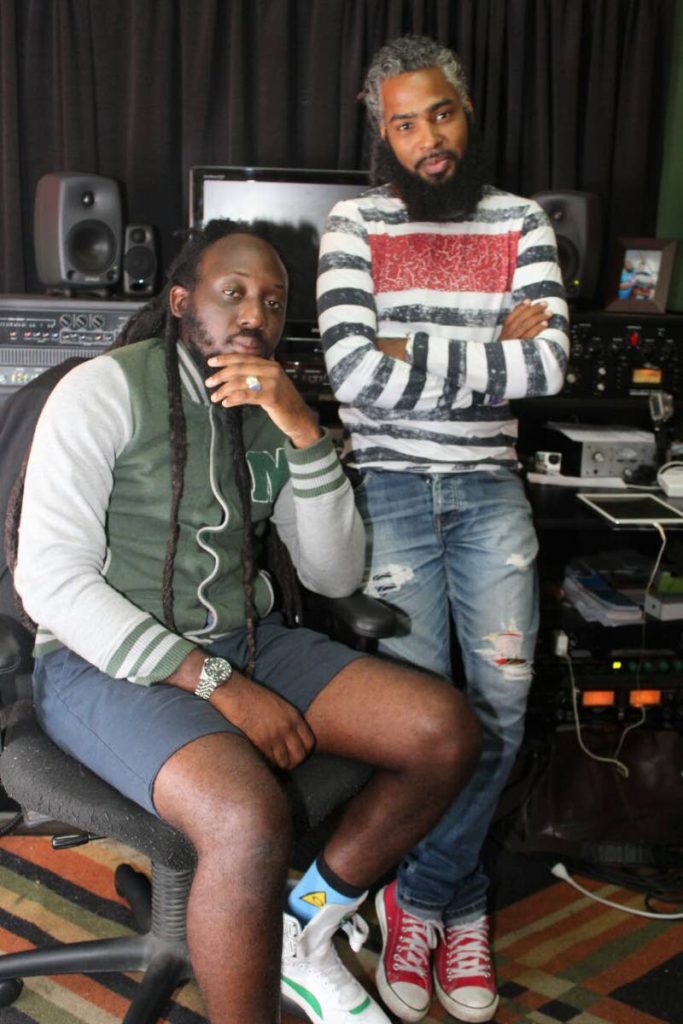Freetown Collective wants to “free the creative”

“Patience is the key,” said Lou Lyons, Freetown Collective’s lead guitarist.
After seven years in the making, the local band gave its first full-length concert last weekend.
Freetown was formed by two friends and spoken-word artists, Muhammad Muwakil and Lou Lyons, in August 2010. They started with a simple need to create music. Since then they’ve had many opportunities: starring in local films such as God Loves the Fighter, having their music played in other films, such as The Cutlass, and being highlighted at various campaigns and events such as an anti-violence launch, Not Normal and the anti-violence against women campaign, Leave She Alone.
Muwakil, the lead singer, explained that the concept of Freetown Collective was inspired by his hometown, Belmont, originally known as Freetown.
In the nineteenth century former African slaves who had bought their freedom, or others freed by the Royal Navy after the abolition of the slave trade went there to “find freedom”.
To Muwakil it’s a powerful concept. “That there were people who were our ancestors who were not enslaved, who from the get-go were free and had that mentality of being free men and women, and had children who were free and had the mentality of being free in an enslaved space.”
Freetown Collective linked this to modern TT society and another vision of freedom, where they wished to reform that idea of freedom. Muwakil explained, “It has to start with yourself and then the people closest to you, and then with your neighbours and with your community and by extension, the world.”
Both Lyons and Muwakil, although of different religions, the former, a Bobo Shanti and the latter, Muslim, have been influenced by Dr Cornel West, African American philosopher, political activist and social critic, and says Freetown evolved into a reflection of his teaching, “Justice is what love looks like in public.”
Muwakil said they take any opportunity they get to go into communities or be part of campaigns that highlight the negativity in society.
“Wherever we see an opportunity for us to create balance where there’s an imbalance, we will work towards that. We utilise what we believe in and if we can use the music to create a balance, then we’ll do that because for us that’s what it’s about.”
They agreed, “The artist is a reflection of the time and also, an answer to maybe some questions, if possible,” and said people should voice their thoughts. Muwakil wants the Freetown Collective community to know: “If you seeing something in your head, don’t think that yuh mad: go after what you see in your head. You might not achieve the exact thing you that you see but I guarantee that on the way you would become something that you’d never dream that you would become.”
Their concert emphasised their journey over the past seven years and their improvement, and introduced some of the new music from their upcoming album, due to be released after Carnival next year.


Comments
"Freetown Collective wants to “free the creative”"